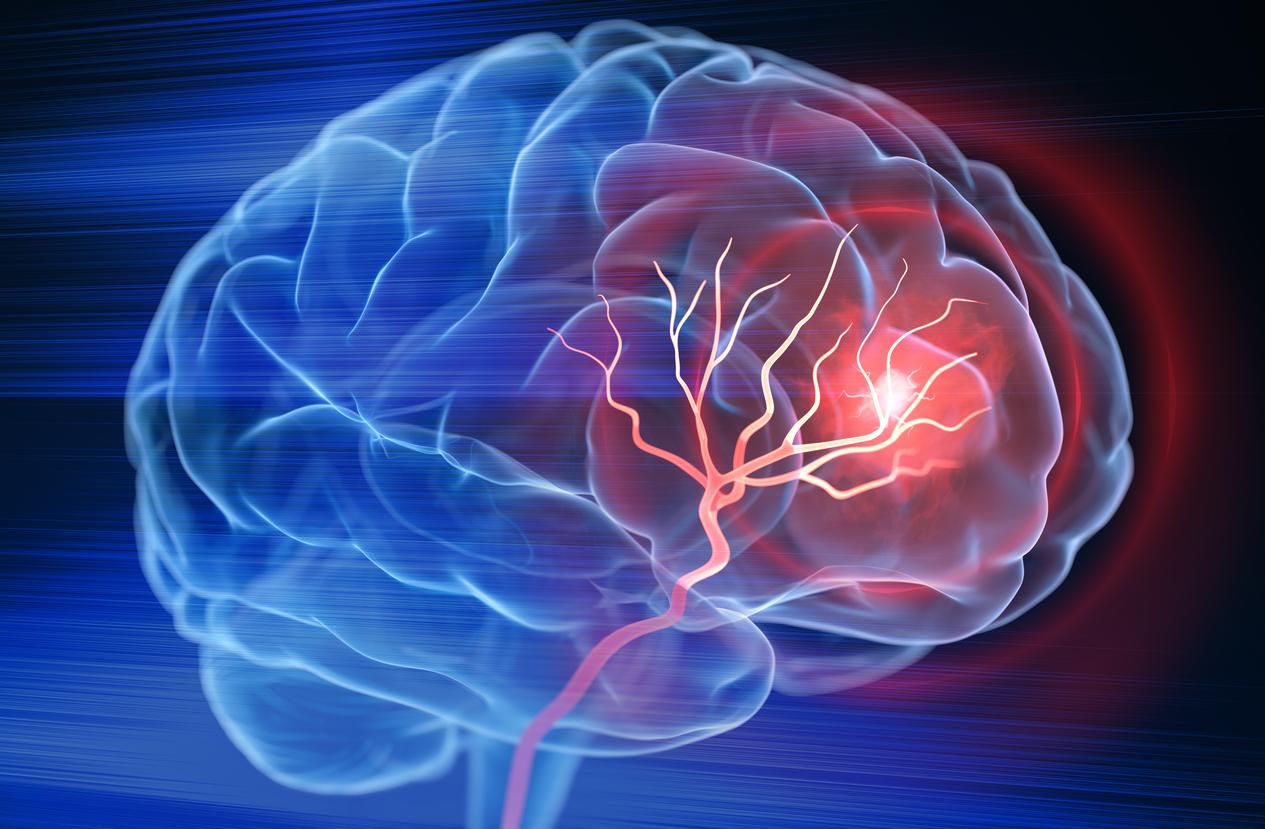Star diets on social networks, the intermittent fasting is a way of eating that alternates between periods when you don’t eat and periods when you eat normally. For example, one can fast for 16 hours and eat for the remaining 8 hours of the day. Some people do it for weight loss or for its health benefits, but be careful to educate yourself before you start to avoid some mistakes. Experts recently confided their fears to the Dailymail on the consequences on the female cycle of an overly drastic practice of intermittent fasting.
What can be the effects of intermittent fasting on the menstrual cycle?
Intermittent fasting can potentially affect the menstrual cycle in some women if they fast too long or too often, have too large a calorie deficit, or lack essential nutrients. Irregular periods, absences of periods (amenorrhea) or jumps in ovulation can be observed. A tiktoker, Kristine Crouch, confided that she no longer had her period after 25 days of fasting in 2016. But”after my fast i got my period and it is now regular for years and years“, she reassures.
Fasting for very long periods of time and thus depriving the body of nutrients can indeed cause hormonal deficiencies. Two hormones are involved: luteinizing hormone (HL) and follicle-stimulating hormone (FSH). These hormones are involved in the process of ovulation, without them the menstrual cycle can be irregular. “Ithere’s kind of a cascade of hormone effects from there“, explained Carolyn Williams, an Alabama-based dietitian, to our colleagues at the DailyMail. In rare cases, it can even cause infertility problems because without ovulation, there is a lower chance of getting pregnant.
Yes to intermittent fasting (practiced sensibly)
To avoid these hormonal inconveniences, care should be taken to do not follow too long fasting intervals. It is also essential to consume foods rich in fiber, protein, vitamins and fatty acids (omega-3). Moreover, it is important to consume enough calories each day. “You need to take in enough calories to actually burn fat. If you don’t consume calories, your body will shut down or slow down because it doesn’t know what to do.“, adds the dietitian.
If intermittent fasting does not pose health problems, a drastic practice is not advised, especially for women with already irregular periods or with infertility problems. It is the same for pregnant women or wishing to be. If unexpected menstrual disturbances occur while practicing intermittent fasting, it is advisable to consult a professional.


















